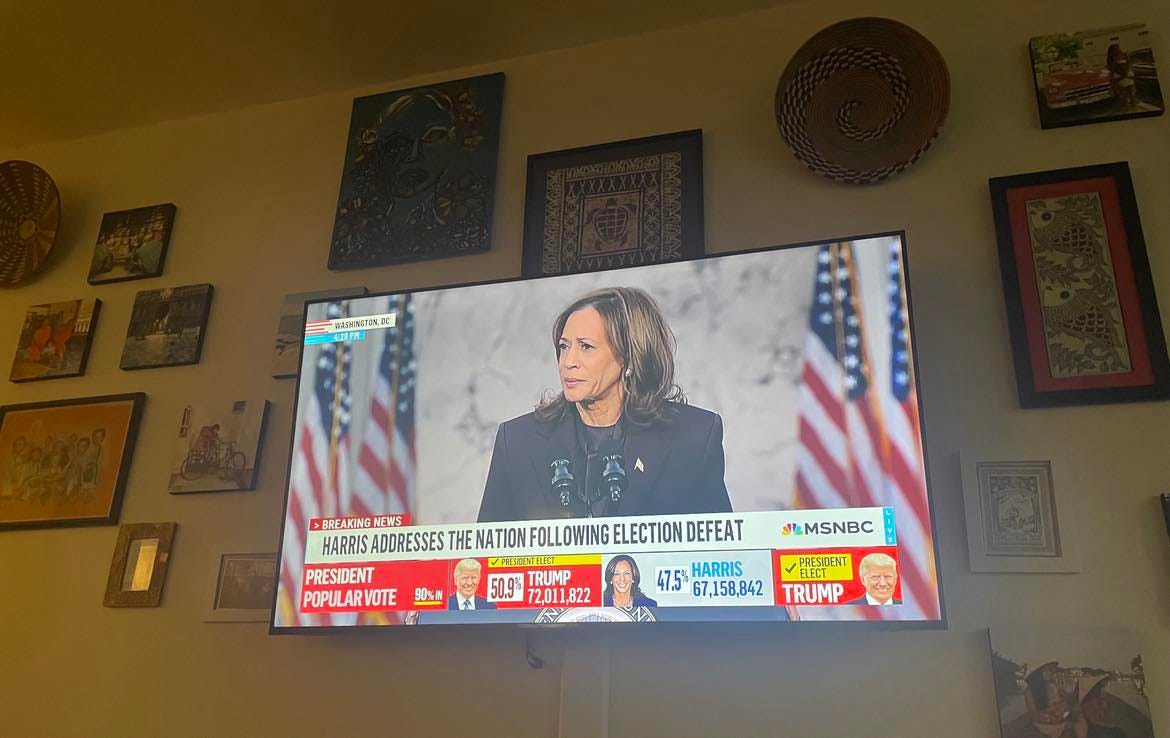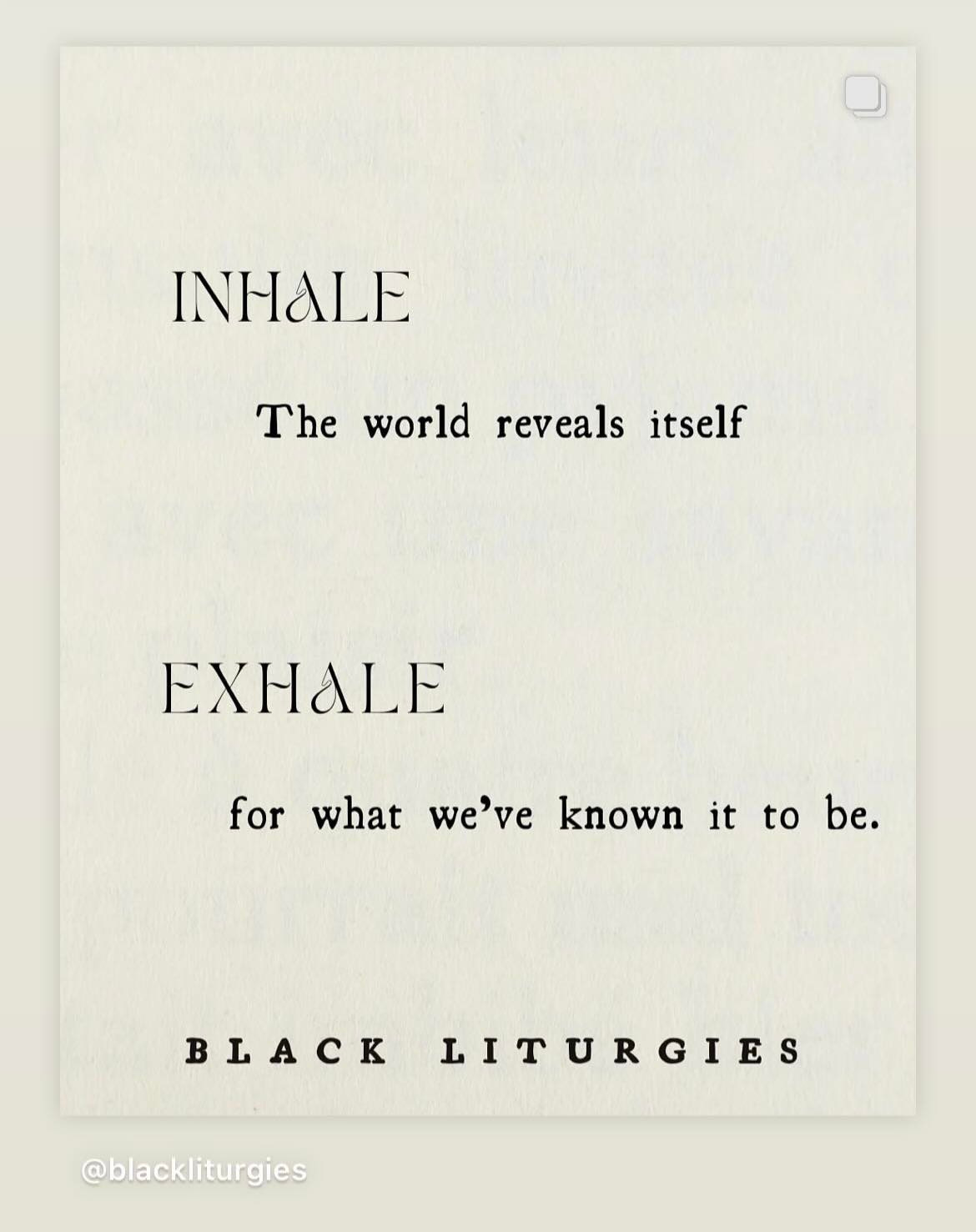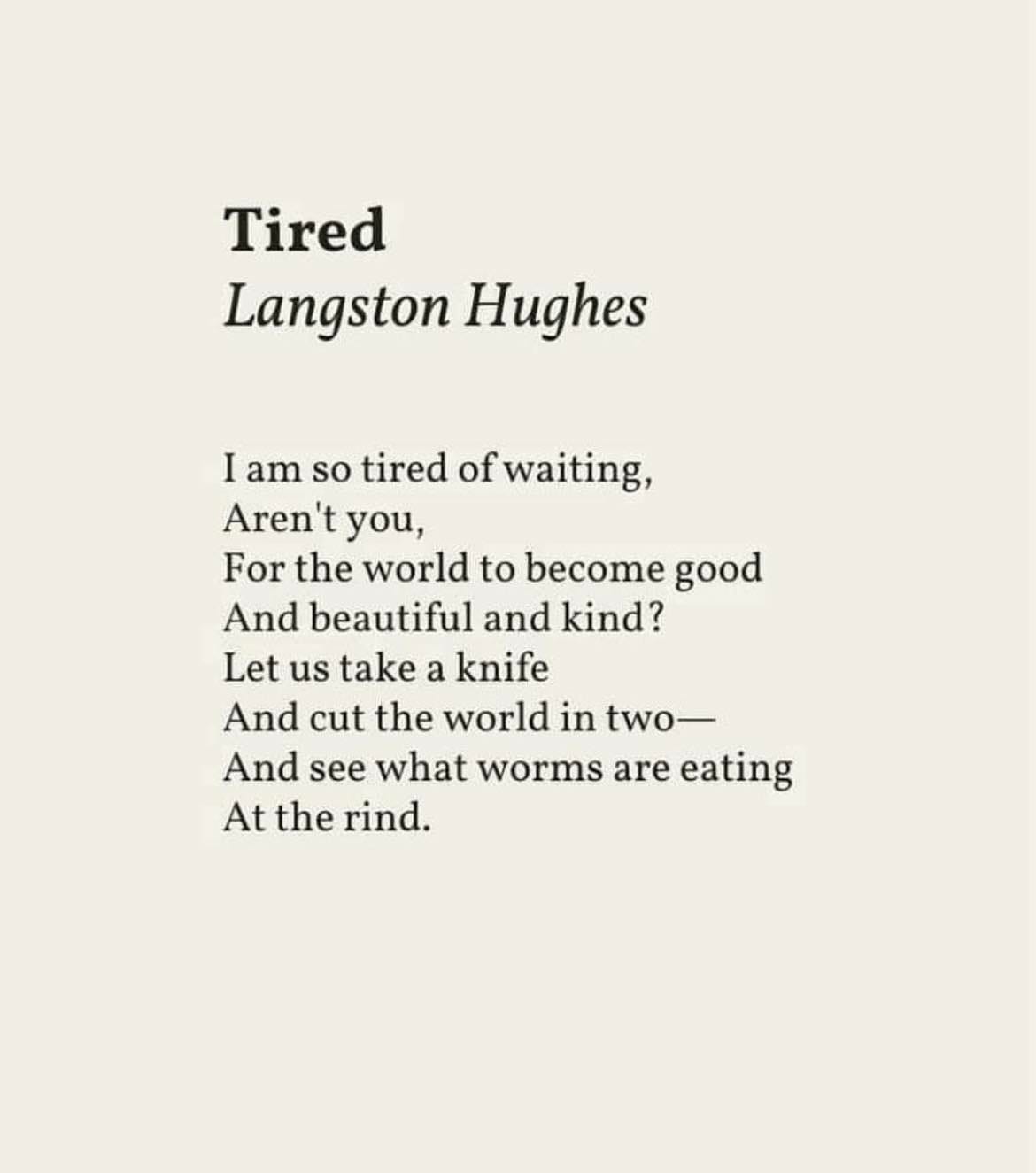As an Indian-American woman, an immigrant and the granddaughter of someone who was also named Kamala (she was a formidable woman in her own right, by the way), I never thought that a candidacy like that of Vice President Harris would be possible in my lifetime.
America has this way of surprising you sometimes.
And then it breaks your heart.
Living with this constant duality is exhausting.
They say that two things can be true. I believe pretty firmly that this is the secret to life. As Carl Jung said: “Only the paradox comes anywhere near to comprehending the fullness of life .”
This here, though?
Sitting with paradox no longer seems to be the order of the day when you wake up knowing that a large majority of your country’s population subscribes to white supremacy and renounces the notion that women have bodily autonomy - that we’re allowed to be full human beings, in essence.
When you’re a person of color in America, you’re largely (though not uniformly) aware of the first part. Our origin story is built on the annihilation of Native people. Slavery is baked in the national DNA. The repercussions vibrate today in every way.
Yet the resounding confirmation all around slaps hard nonetheless. Because maybe you have a soft, tender and foolish heart that at the very end allowed itself to hope yet again, even when you knew better.
But screw duality when it’s been confirmed – without an iota of doubt this time – that as a country, we’re cool with a fascist agenda, denial of climate change and science, homophobia and other hate, alliances with dictators and turning our backs on those less fortunate. What a descent – from e pluribus unum to “the enemy within.”
I don’t know about you, but I’m at a loss for words.
This rarely happens to me. Words are my jam. You might have noticed…
Getting through this week, though, has required a focus on actions.
Not grandiose actions of any sort – definitely not.
Rather, it was about small acts that provided a bit of balm:
Being in solidarity with friends and family around the world through texts. Listening to an endless stream of Leon Bridges and Khruangbin. Staring at the beautiful foliage outside of my window (though, how is it 80F/26C in Washington in November – oh yeah, climate change!). Buying a homeless man a bottle of water and a $10 gift card because well…he asked, and I could. A killer workout at lunchtime. Guacamole (too much guacamole). Giving my son Rohan a big hug when he got home from school (he’s taking it in stride…note to self: unpack this further later).
Reading poetry – Langston Hughes, Mary Oliver (always Mary Oliver!), Nikita Gill, the Black Liturgies project, Kate Baer, Roque Dalton – these are all proving particularly helpful to me at the moment. Celebrating a wonderful friend’s birthday the day after, with laughs (tears too), love and community - because only these things make sense to my tired soul right now.
There will (I hope) be a time for real reckoning, analysis, (tough) conversations, strategy, organizing and resistance. I know that there’s already a lot of discourse and soul-searching around what went wrong. But for now, I don’t have the physical, mental or emotional energy to engage. Not yet.
A good therapist will tell you that you should feel your feelings and attend to them. So that’s what I’m doing, one day at a time, putting one foot in front of the other. That’s really all I can manage right now.
By the way, I’m hitting ‘publish’ on this essay en route to Rwanda, for work.
I’m grateful for the (temporary) escape from the U.S. right now.
Rwanda, of course, is where the horrific genocide occurred in 1994. Over 800,000 people were massacred, mostly Tutsi. Neighbors turning on each other, participating in unspeakable acts.
It’s been 30 years since then, and the journey of the country over this time has been hailed as a model of what’s possible in terms of redemption after fissure and rebuilding together.
As part of our agenda, we’ll visit the Kigali Genocide Memorial. Part of their tagline is that “If peace and reconciliation are achievable after genocide, they are achievable anywhere.”
Waking up in the U.S. this week, it’s hard to imagine that that could be true. Of course, I’m not suggesting that the two situations are analogous. Clearly not. But maybe there’s something we can learn, from Rwanda and other places in the world. Maybe humility is the order of the day.
I think I’m mostly just looking for a specter of hope, because it sure is in short supply around here.
I’ll report back on what I learn, and in the meanwhile welcome hearing from you on how you’re getting through these dark days. May we all find the strength that we need to persevere.









Let me know what you think!
If you like Krunghbin, I think you will like these guys...
https://youtu.be/E4X56wIOZns?si=WrXwuV97sEwH2q_P